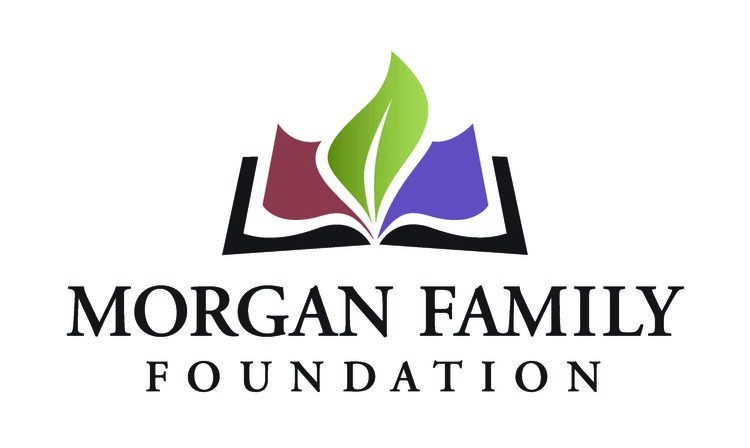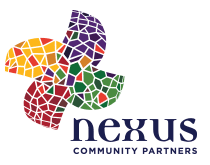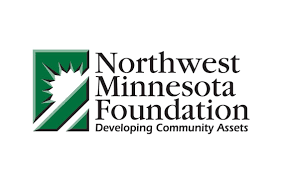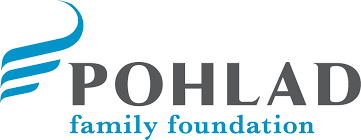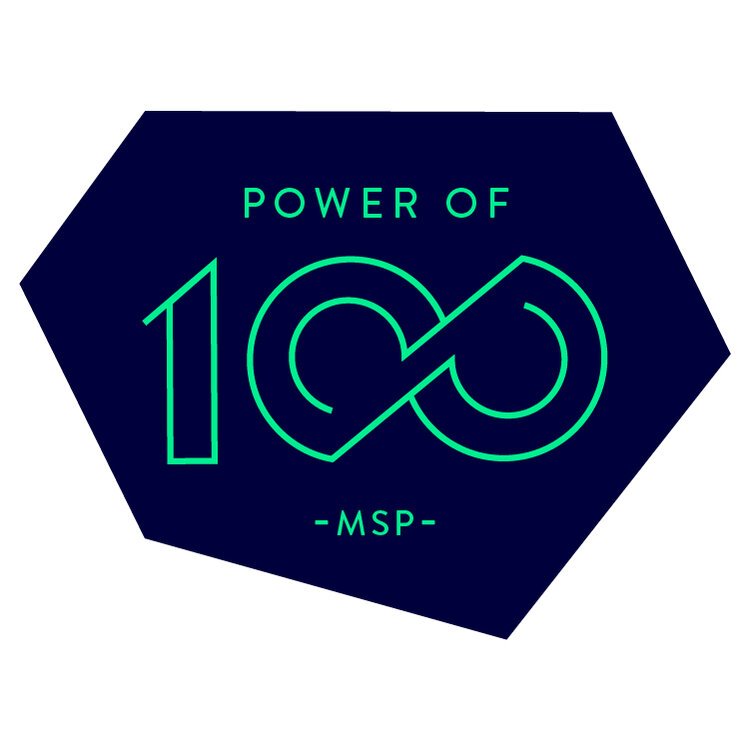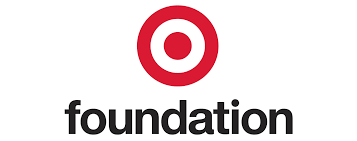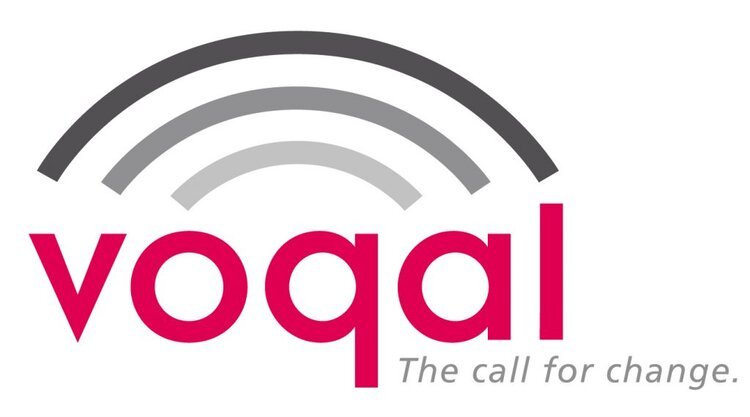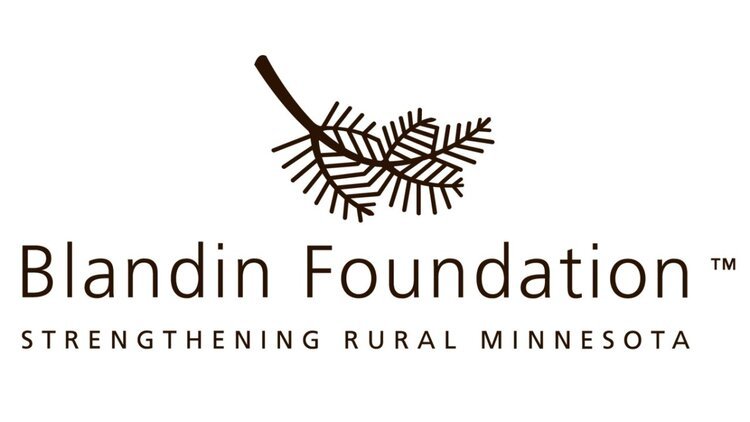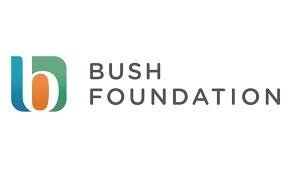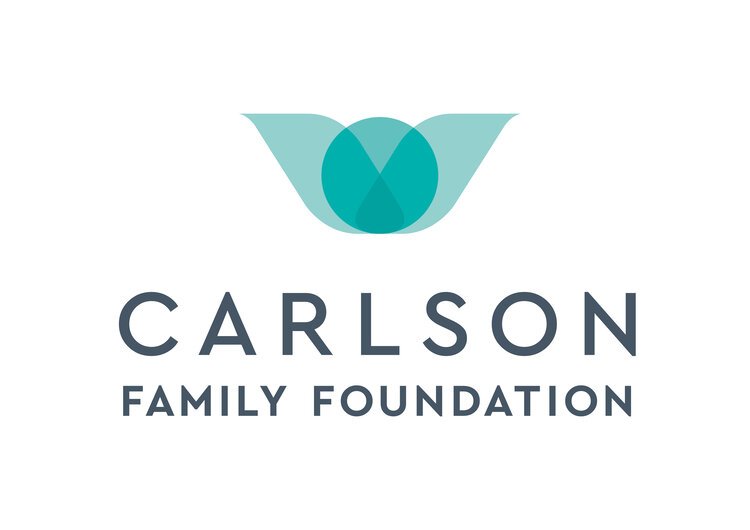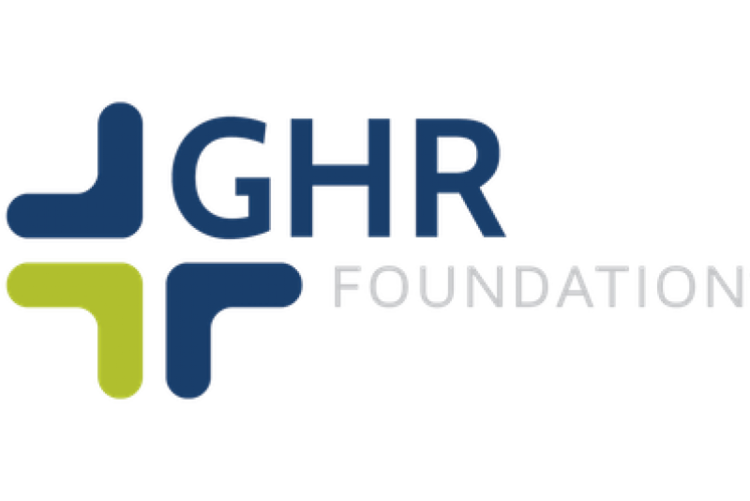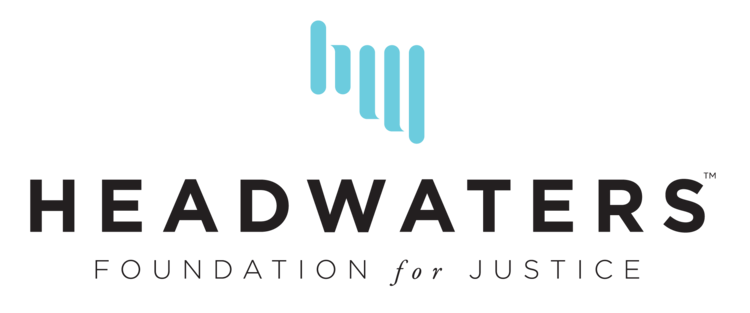Sign our Bold & Courageous Joint Statement
Amid the 2020 uprising for racial justice, we called on philanthropic institutions to sign on to the following bold and courageous joint statement.
Signing it means you denounce anti-blackness and racism. That you are actively working towards realizing racial equity and racial justice. We believe a public declaration of the commitment to racial justice demonstrates solidarity and inspires public accountability of institutional philanthropy for the past, present, and future.
This statement was shaped by a group of leaders of color in the field of philanthropy with deep thought and intention. It was written by local writer Sun Yung Shin, and further revised to bring it to its most current form.
We intend for this joint statement to be a living document that will continue to inspire action even after being signed. This statement is unique in form. The assertions here have been said many times before by community voices or individuals in our field. It is, however, new and long overdue that a philanthropic coalition would make a public statement specifically condemning anti-Blackness, anti-Black police violence, and racism.
A statement without action does not create change, connect with us to join the table for transformation: Leadership@mnblackcf.org
JOINT STATEMENT
Some truths right now
We are living through a historic community uprising, with national and international solidarity, in response to the murder of Mr. George Floyd. Mr. Floyd was a Black man--a father, a brother, a neighbor, a friend--whose life was cut short after Derek Chauvin, a Minneapolis police officer, pressed his knee on his neck for nearly nine minutes until he could no longer breathe. Three additional officers restrained Mr. Floyd and prevented bystanders from helping.
There can be no doubt that George Floyd’s horrific death is a result of individual decisions on the parts of the four former officers involved and a consequence of the foundational anti-Black racism and centuries of enslaved labor. This anti-Black racism saw Mr. Floyd as less than human. We must be as precise as possible. Euphemisms and vagueness mask and minimize the harsh reality that Minnesota is a state with some of the worst racial disparities in the nation in education, health, economic status, and overall well-being.
The death of George Floyd comes on the heels of the murders of Ahmaud Arbery of Georgia, Breonna Taylor of Kentucky, and too many Black lives unjustly taken across the country. Today, we are unified in declaring that Black lives matter. We believe that all Black lives matter, including the lives of Black men, Black women, Black lives across gender and sexual identities, Black lives living with disabilities, and Black lives in cities, suburbs, and rural towns across the country.
We do not forget that we are living through the global climate crisis, growing income and wealth disparity, and the COVID-19 pandemic, just three of multiple issues disproportionately impacting Black people, Indigenous people, and people of color at the intersections of identities pushed to the margins. We recognize we are on Indigenous land, home of the Dakota and Ojibwe people, and honor the Native people for their strong solidarity while recognizing the distinct impact of this most recent demonstration of racial injustice on Indigenous and people of color.
Our community is rising, led by Black community members, through organizing, protest, and strategic movement building for policy and systems change, love, and solidarity. We witnessed some righteous and productive protesting that came out of this community. Our statement here is rooted in and builds upon what our community has expressed. While our views here have been said many times before by community voices, it is new, and long overdue, that a philanthropic coalition would make a public statement specifically condemning anti-Blackness, anti-Black police violence, and racism. We are willing to speak boldly and unequivocally because this can no longer be deferred, soft-pedaled, or ignored by the philanthropic and nonprofit community in Minnesota, a sector where white people are overrepresented, especially in positions of leadership and high visibility.
And yet we know that statements from philanthropic leaders like this one will ring hollow if we do nothing else to combat the systemic issues and culture of white supremacy that got us here in the first place. Therefore, we commit to centering Black voices, knowledge, and activism in this pursuit of justice.
The criminal justice system is only one of many systems that have failed Black people. After all, racism shows up in every aspect of our communities: in our homes, social networks, educational institutions, workplace, places of faith, and government. We recognize that racism is both blatant and systematic, affecting the quality of the life for Black people, Indigenous people, and people of color from the moment they are born. Our vision for racial equity is one where life outcomes are not determined by the color of a person’s skin or the zip code of their birth and where every person has exactly what they need to thrive.
Philanthropy’s responsibility, accountability, and action
Philanthropy is meant to contribute to the greater good, greater access for disenfranchised communities and groups. Yet the field of philanthropy has not done enough to clearly name, disrupt, and eliminate racism.
The desire to give is a universal, human impulse. And within this generosity, philanthropy has sought to address community needs and societal ills. Martin Luther King, Jr., once said, “Philanthropy is commendable, but it must not cause the philanthropist to overlook the circumstances of economic injustice which make philanthropy necessary.” Guided by this wisdom, as we recognize the progress created by philanthropy, we must also examine the ways in which some philanthropic practices have historically perpetuated anti-Blackness and racism – and those instances and institutions that still do so today. By naming this complicated truth, we can acknowledge the ways in which institutional philanthropy has caused to harm to Black people, Indigenous people, and communities of color. We are committed to facing this reality as we continue to learn, and adapt to improve our processes in practice, policy, and fund disbursement.
We also acknowledge there is work to be done with foundation staff and donors: donor-advised funds, boards, individuals of wealth—to alter the purpose of philanthropy from one of charity to transformation. We see this moment and its aftermath as an opportunity to take more powerful actions to realize our commitment to diversity, equity, and inclusion and begin to expand our frame to justice in its most transformational form.
We understand that philanthropy can perpetuate socioeconomic disparities—we must ask ourselves, how can we do better and hold ourselves accountable to the communities we say we serve? The bigger question in regard to identifying our role and opportunity to support communities seeking justice is, What can philanthropy be? With the resources, influence, and positionality as cross sector connectors, we have the opportunity to build, yield, and share power to elevate the voices of the most impacted people of systemic inequity.
We commit to transforming into practitioners who hold philanthropy accountable to the community by learning what it means to embrace the duty and opportunity to realize equity. We need to be willing to step out and be at the forefront of having these conversations and commit to take meaningful action in addition to signing on to this solidarity statement. At minimum, we are committed to engaging in critical internal work to change systems, practices, policies within organizations, the field, and society. Finally, as a collective, we are committing meaningful investments in the short and long-term to support Black movement, infrastructure, leadership, and responsive efforts, along with investments to serve the needs of Indigenous and people of color. We are committed to continuing this dialogue.
We understand that this requires philanthropy to stretch in ways that are new, uncomfortable, and innovative, and it requires us to engage in a full re-imagination of our institutions, policies, and practices. Those of us who are signing onto this statement call on additional philanthropic partners to join our movement for a more equitable, inclusive, and just world.
We can move forward in a radically different manner in pursuit of a society in which Black people, Indigenous people and people of color and all people are served and protected by any and all systems intended for community safety and wellbeing. We need ongoing reckoning, repair, and healing.


